Everything You Need to Know on How to Increase Your IQ
Most of us think of intelligence as something that is fixed: You’re either intelligent, or you’re not. However, the brain is more adaptable than we think, and it is possible to improve your IQ
In this article, we will explore what IQ means and how to increase intelligence through simple lifestyle changes.
What does IQ mean?
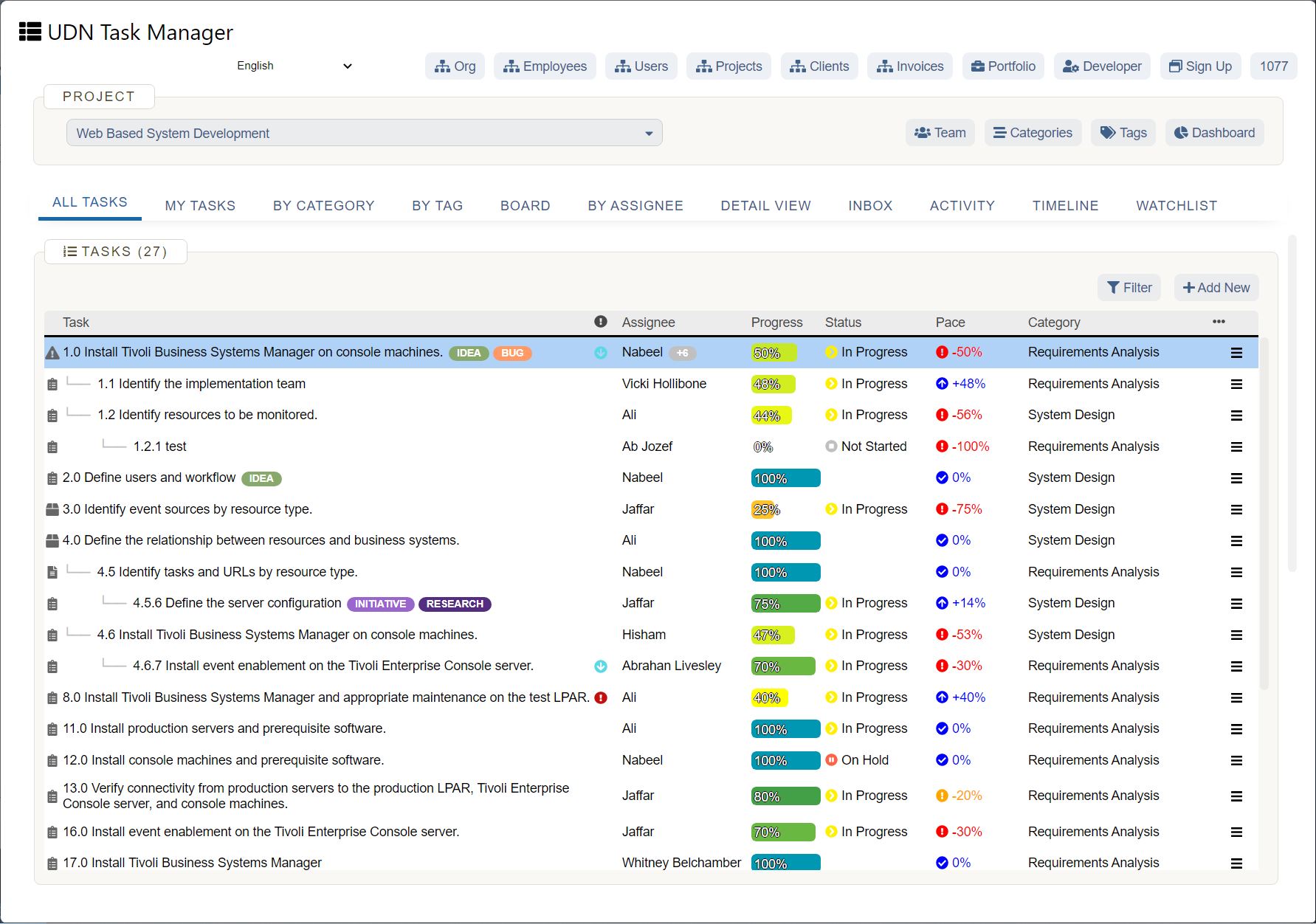
IQ or intelligence quotient is an absolute score that describes human intelligence. It is obtained from standardized tests designed to measure human intelligence.
A person with a high IQ would typically have:
Psychologist William Stern introduced the term 'IQ' in his 1912 book to measure a person’s ability to reason and solve problems.
What is more important: Intelligence or IQ?
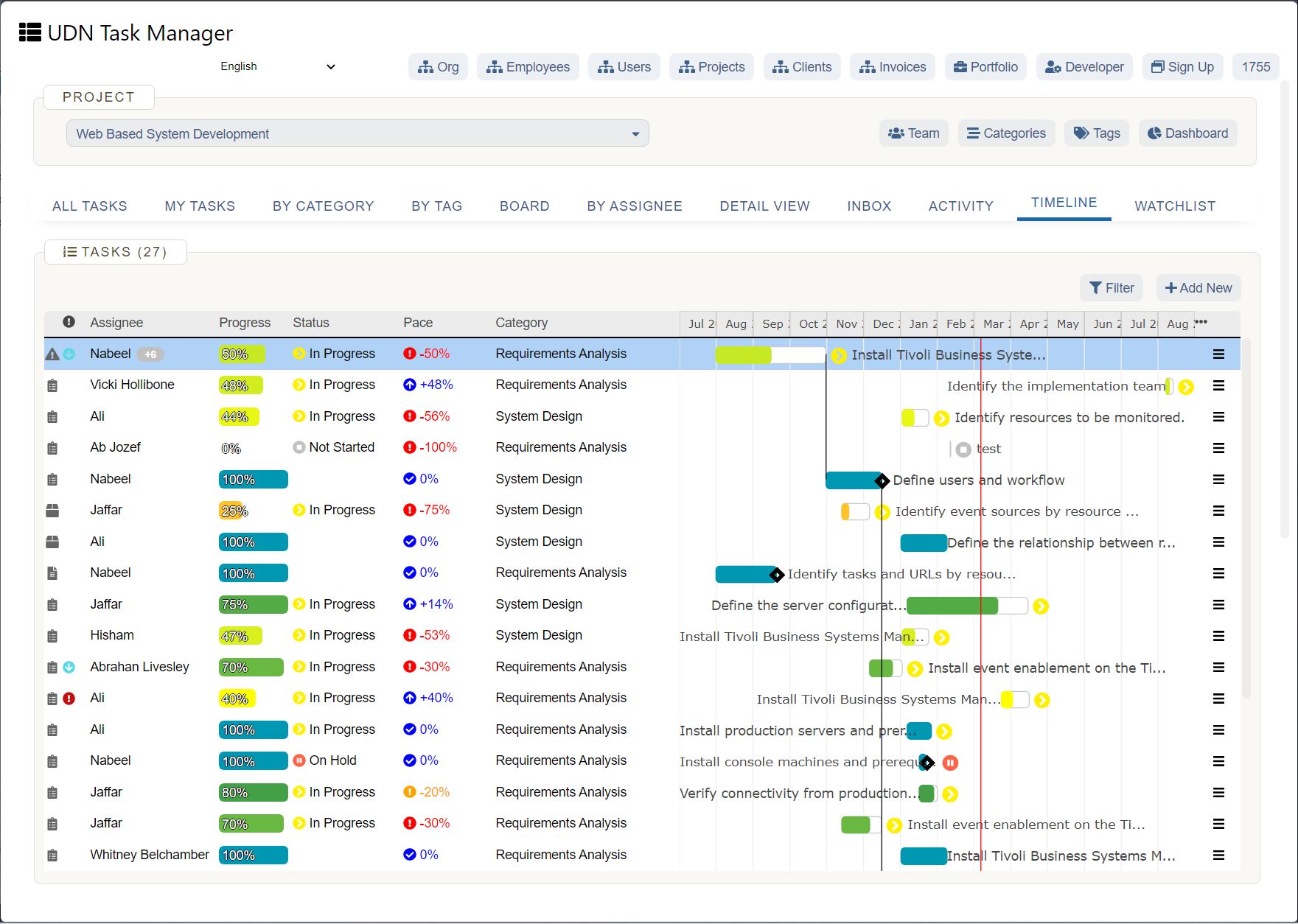
Before zeroing in on which one is more important, let's review what these terms mean. Intelligence is a person’s ability to use their intellectual or cognitive skills to obtain knowledge and apply it for a specific goal.
Many researchers have debated if intelligence is a direct result of environment or genetics. While intelligence is the ability, IQ measures cognitive function with an absolute score.
Research studies have shown that IQ is responsible for 14% of job performance at the workplace and is one of the hiring parameters companies consider.
How is IQ measured?
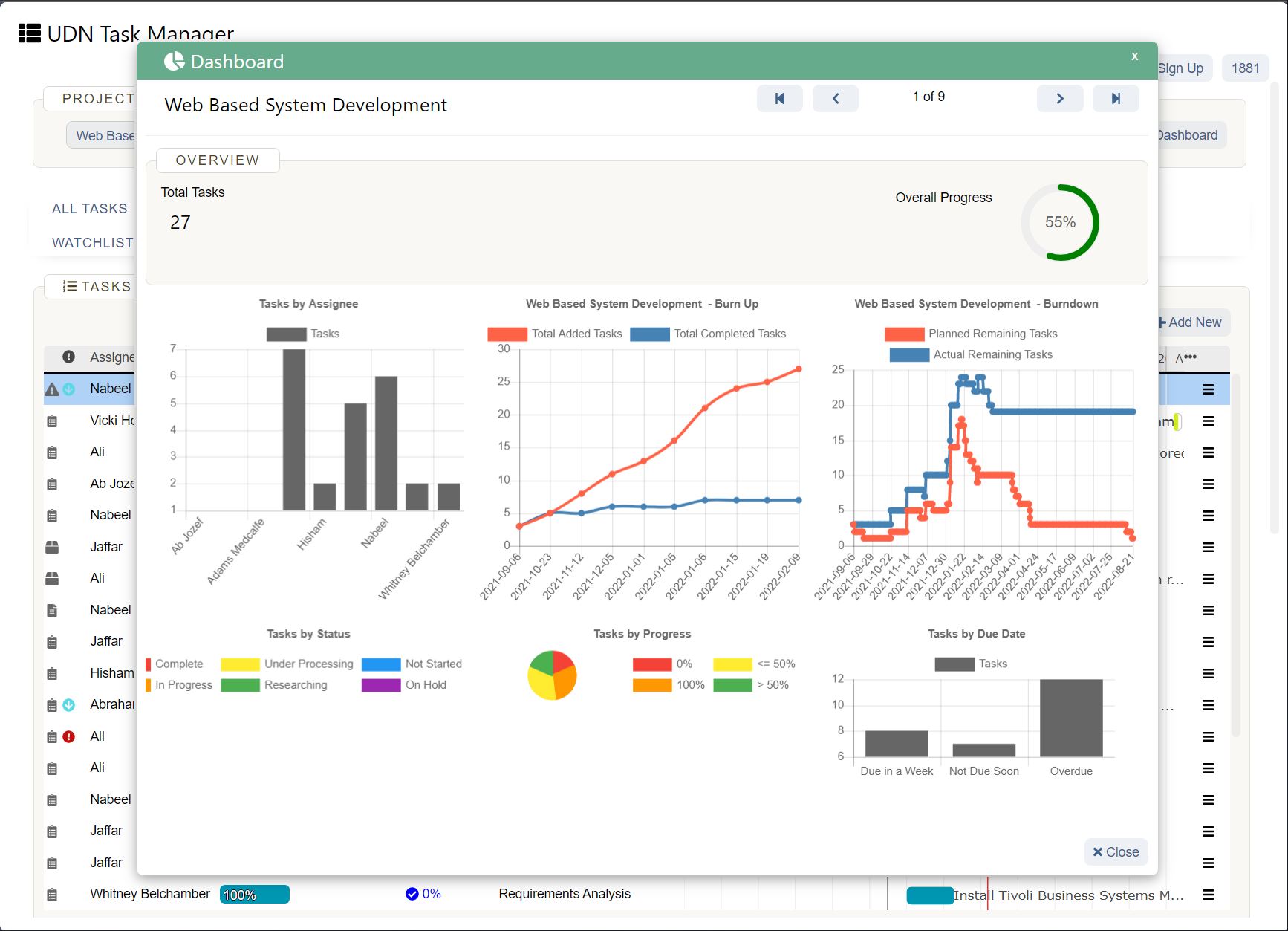
IQ can be measured using a variety of tests.
In one method, a person's mental age is multiplied by 100 and divided by their actual age. Other methods involve an additional comparative element with other people in the same age group. Here is how IQ measurement works:
Licensed psychologists administer IQ tests. Even as the nature of IQ tests differs, the majority of them measure a series of common attributes that include:
The total IQ score is obtained by adding the scores on all these subtests. Here are some widely-used IQ tests:
What is cognitive function?
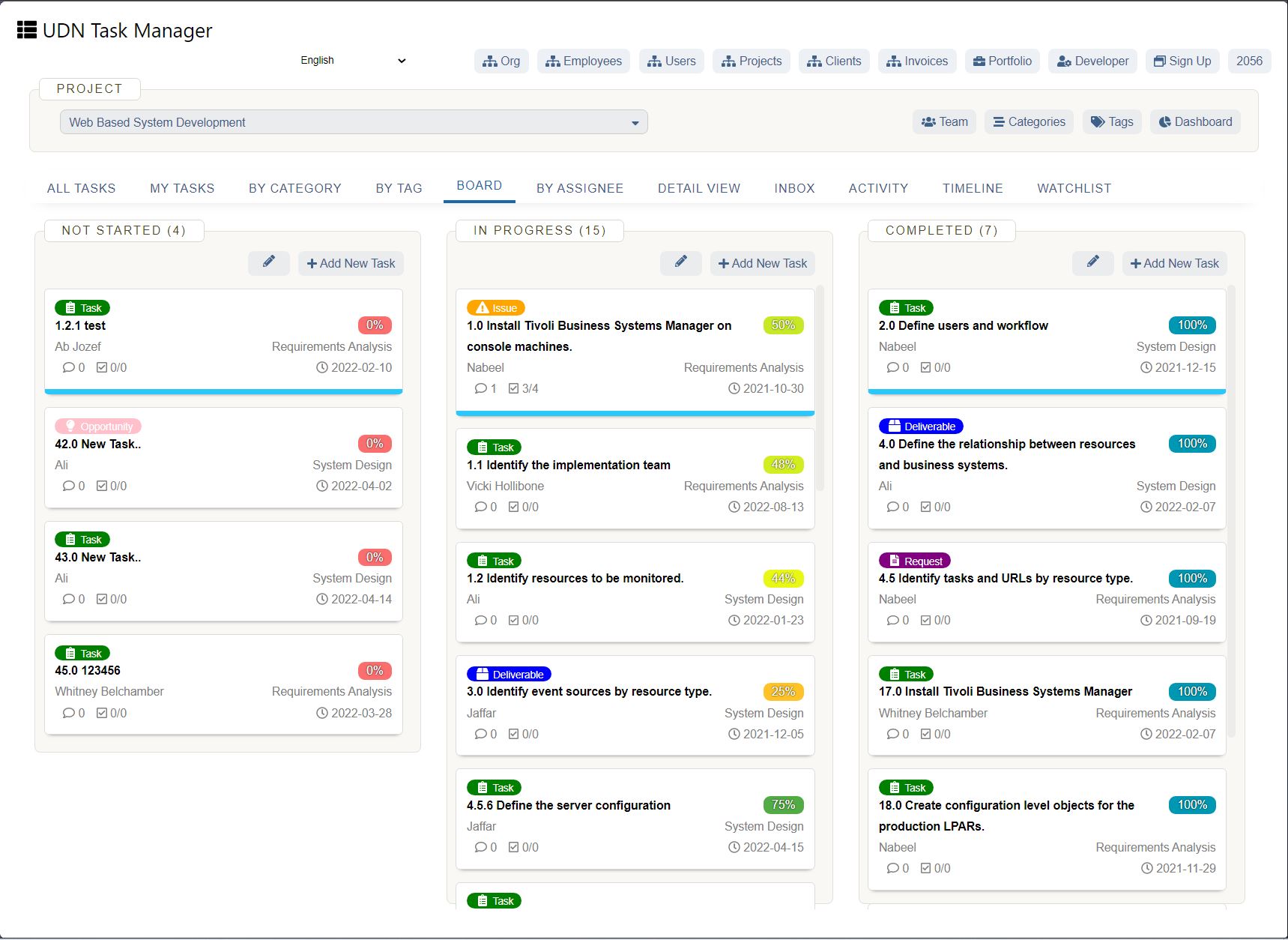
Cognitive function is a person's ability to perform a variety of mental processes. Some of these processes include:
Cognitive function plays a pivotal role in our daily lives. For example, at work, you need to clearly understand deliverables , complete work tasks, interact with peers, and conduct discussions with your supervisor and team.
Your cognitive function does not remain consistent but keeps changing as you grow older.
For example, working memory and executive functions typically peak in the 20s and 30s. In contrast, semantic memory continues developing even once a person reaches the age of 60-70.
What is the average IQ level?
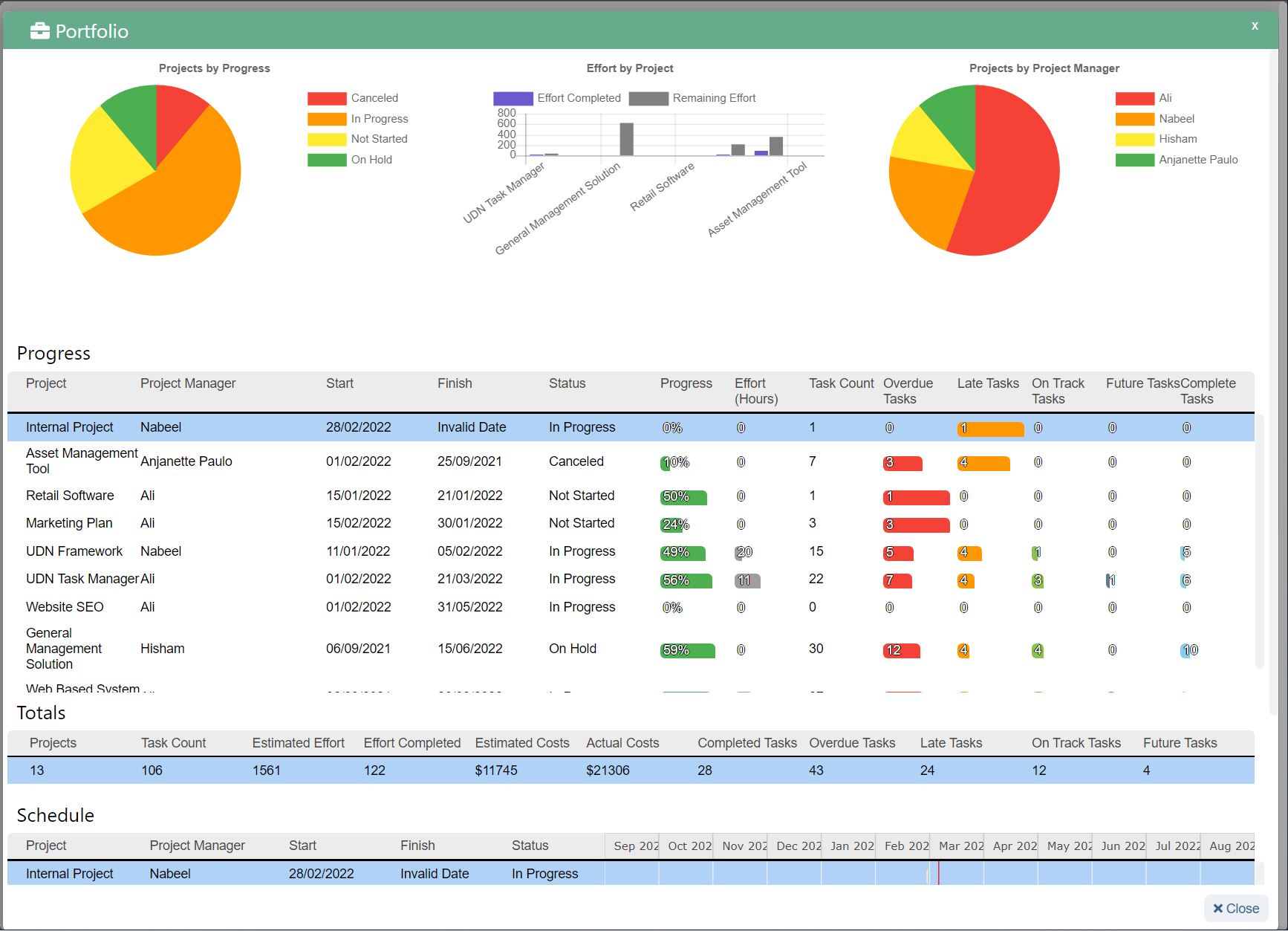
The average IQ level is around 85-115, with 68% of people scoring in that range. All IQ tests are designed to have an average score of 100. A smaller percentage of people have a below-average IQ that's less than 70 or an extremely high IQ of 130+.
Does IQ decrease with age?
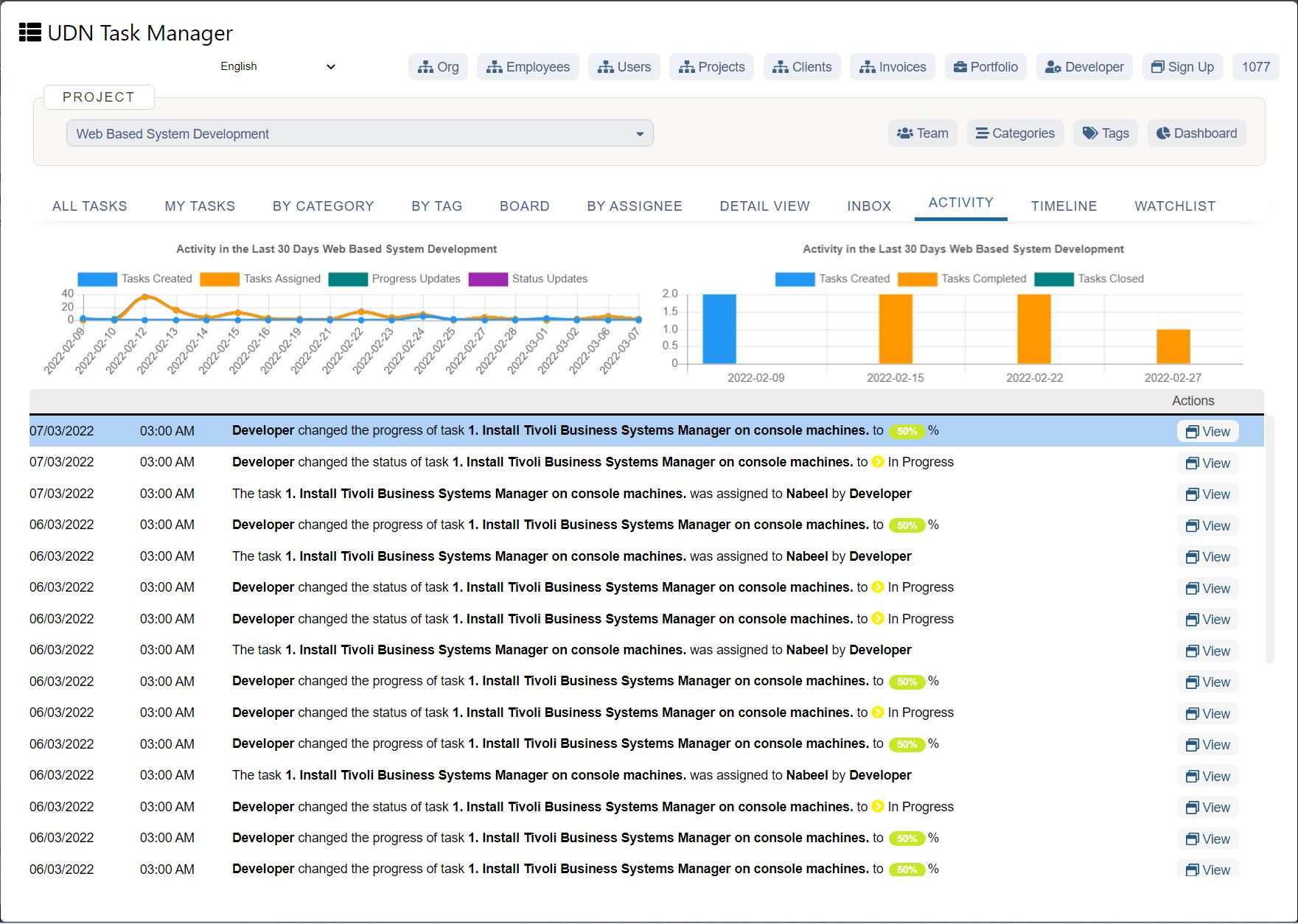
Many experts believe that IQ levels are connected to age.
Mental decline in seniors is a valid concept that has been corroborated by research. For example, as people age, they may have issues with performing basic sensory tasks, or the brain’s speed of processing information slows down.
They may take more time to make simple decisions that took very little time earlier in their lives. As people enter their golden years , most lose certain cognitive skills. This often reflects in lower scores in intelligence tests.
How to increase intelligence
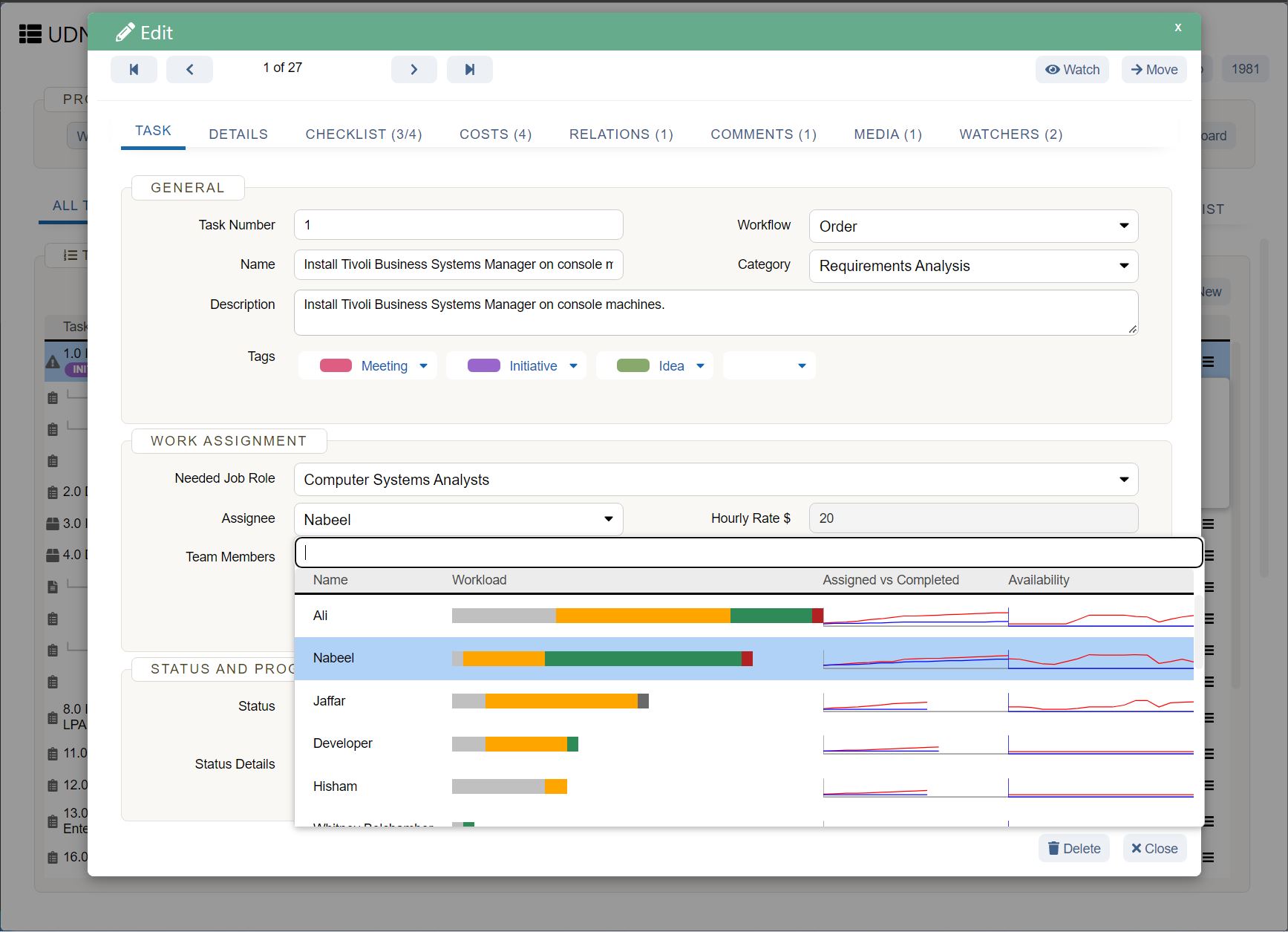
Are people born intelligent? Or does their intelligence increase over time? Contrary to popular belief, intelligence is not set in stone and can be improved through education and training.
Adopting certain lifestyle habits can help boost your brain function:
Stay physically active

Engaging in regular physical activity is one of the most effective ways to boost brain function.
Exercise helps improve, engage, and regulate memory. Additionally, staying active stimulates the growth of neurons critical for brain function and structure.
Get the right amount of sleep
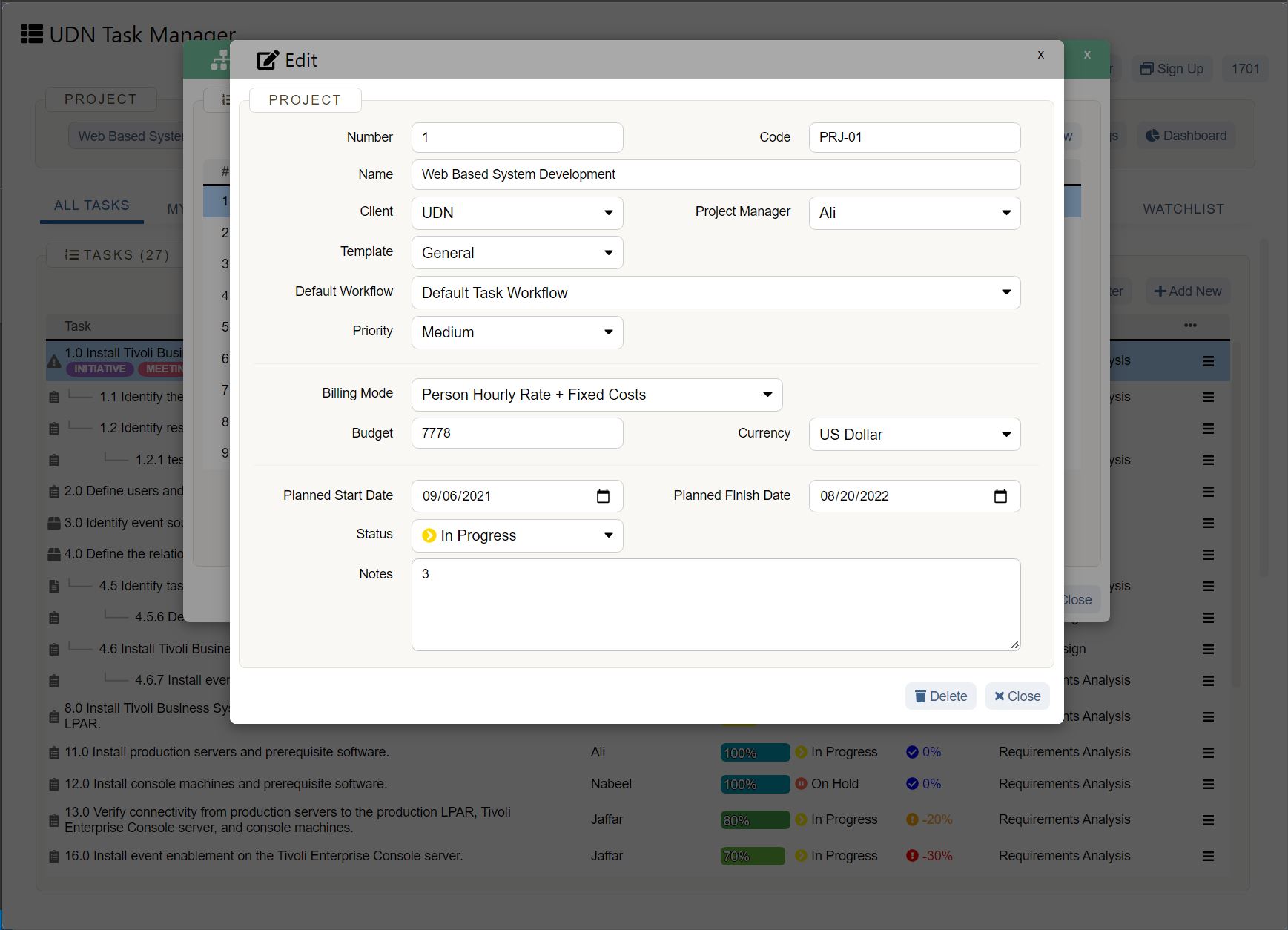
Our bodies need rest. Sleep is one of the fundamental ways of supporting cognitive function. It's so important that even mild sleep deficiency disrupts memory.
While you're asleep, the brain is at work consolidating all the memories of the day. After processing your memories, it makes space for new information to be absorbed when you wake up.
Watch your diet
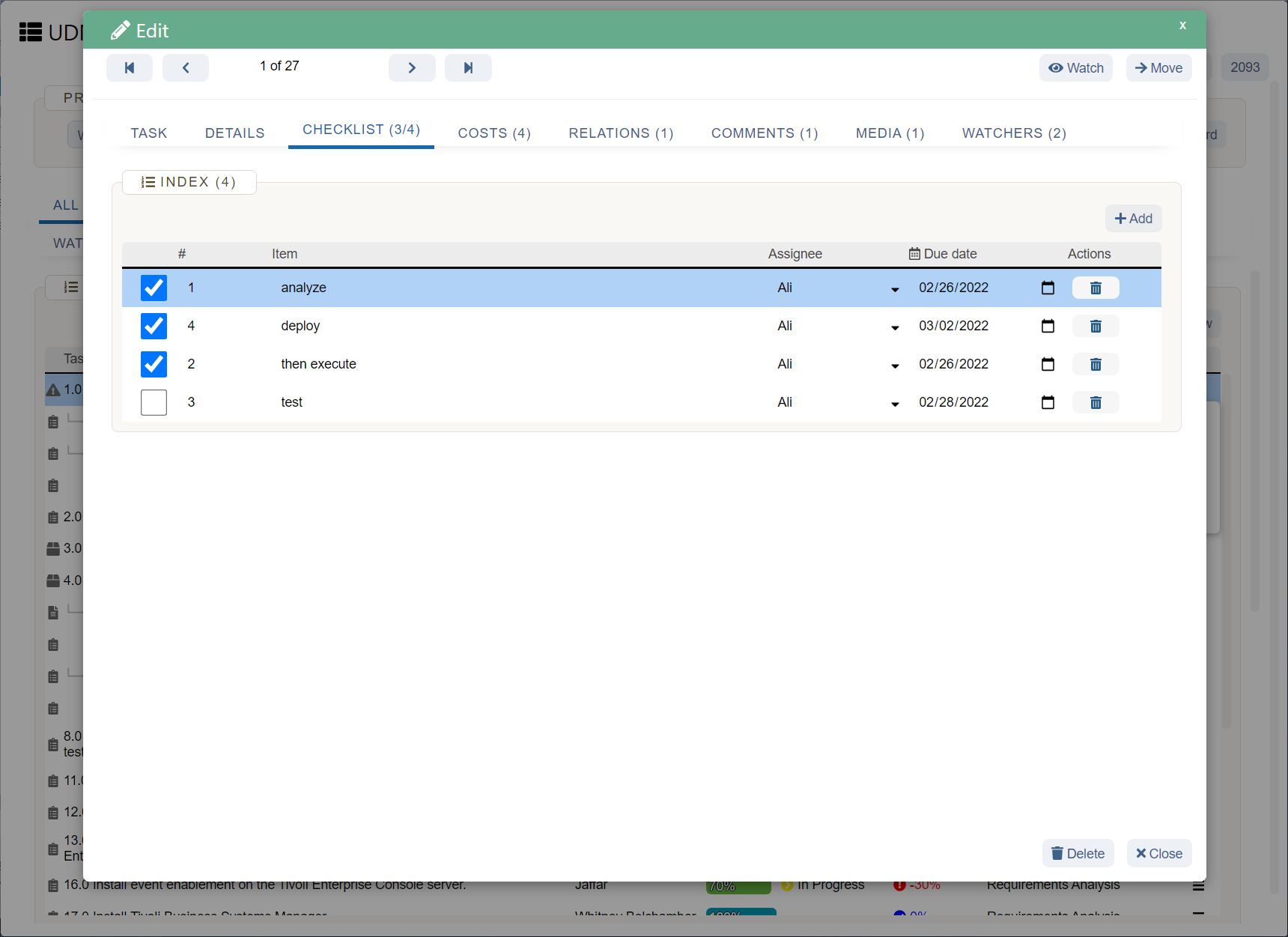
Pick foods rich in nutrients that support brain function, such as those rich in Vitamin K, flavonoids, and omega-3 fatty acids.
Read more
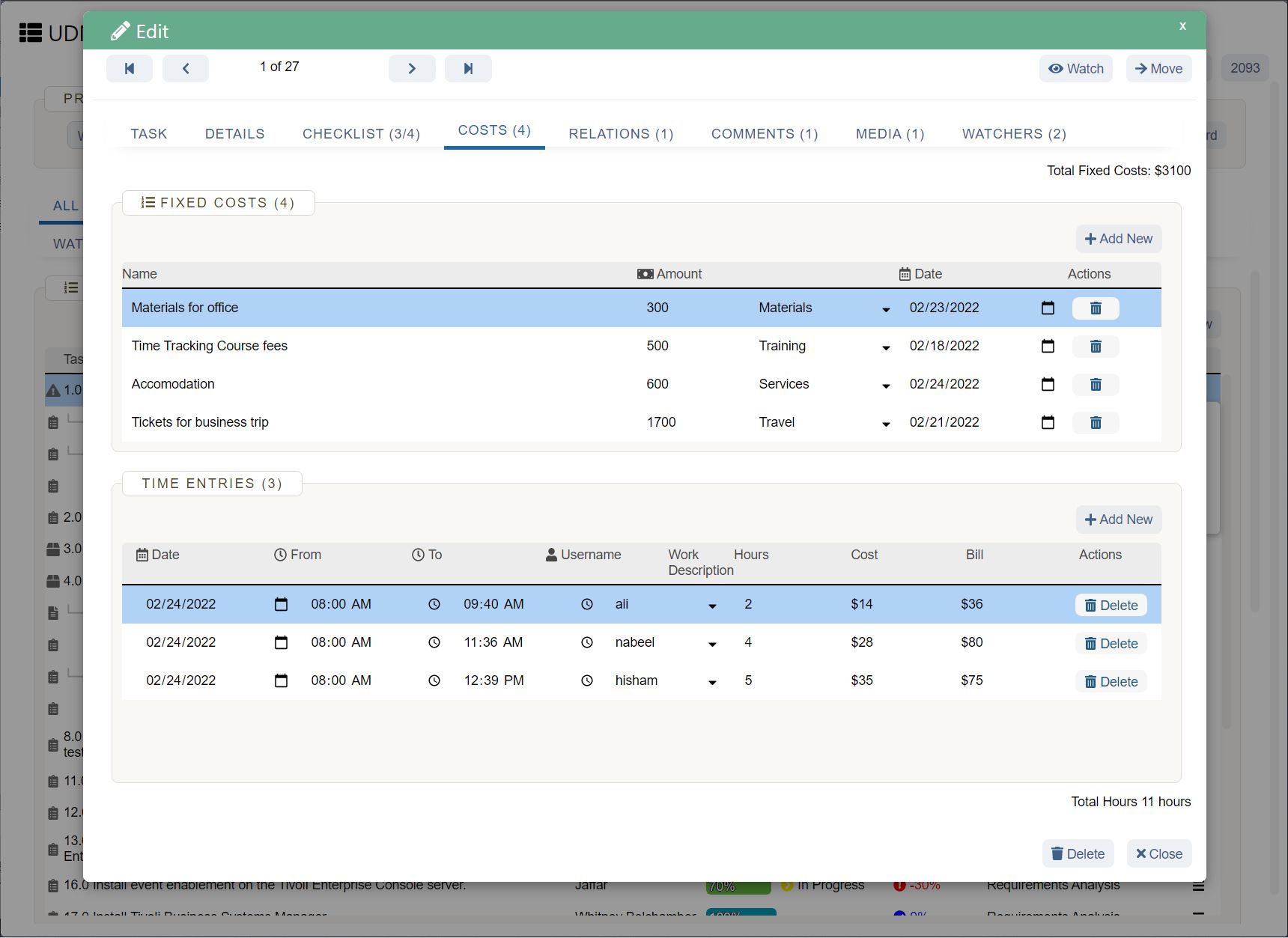
Reading is an evidence-based way to boost your long-term intelligence scores. Not only does it benefit neural pathways, but it also stimulates all parts of your brain.
To read, a person has to concurrently engage in multiple cognitive functions, such as attention, memory, abstract reasoning, visual processing, and comprehension.
Think creatively to stay stimulated
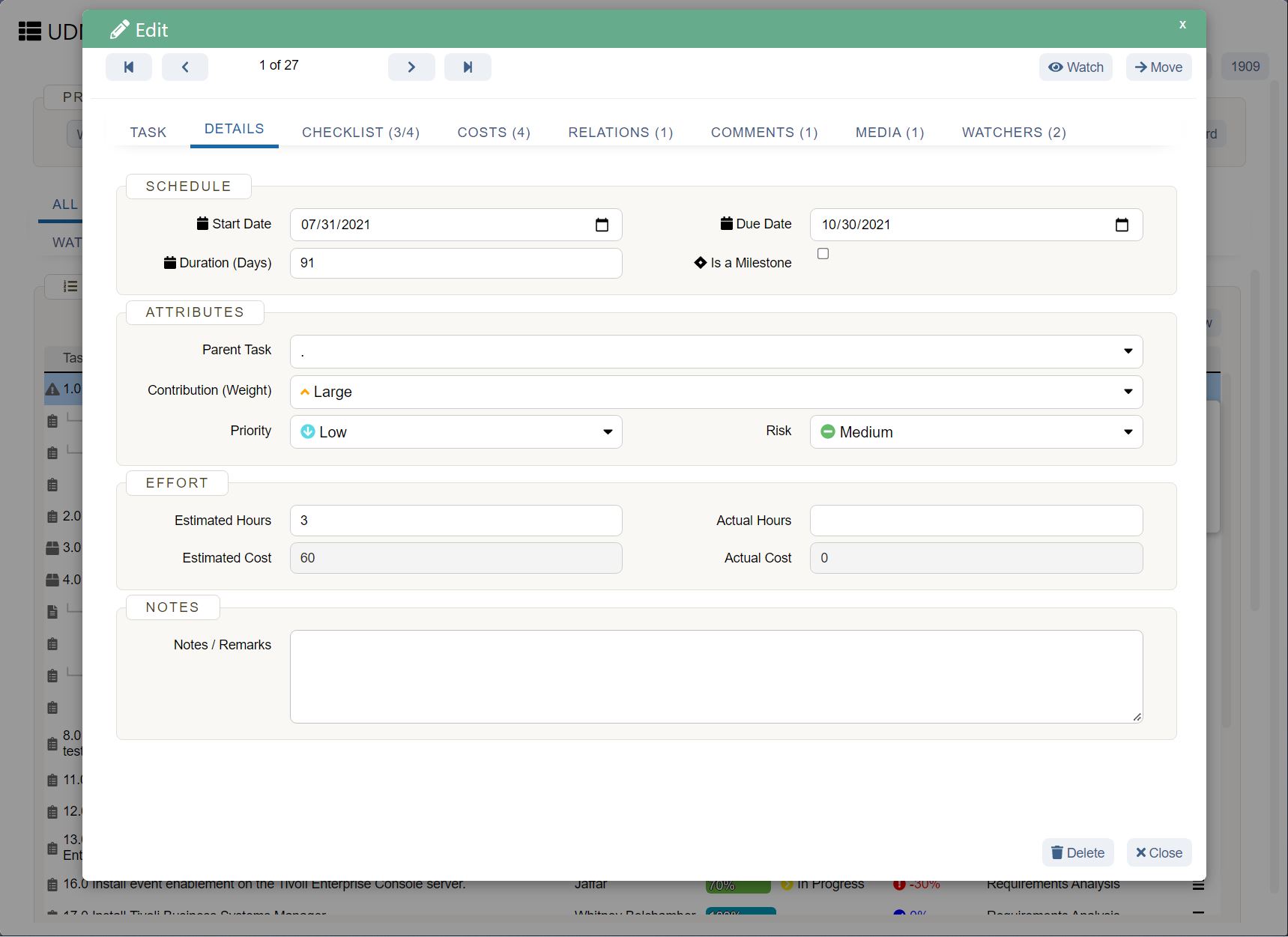
To increase intelligence, be a student for life. Education is positively connected to higher intelligence levels.
However, increasing cognitive function through education doesn't mean going to college. You can also watch TED talks, listen to podcasts, read books, or try to learn a new language.
Challenge yourself
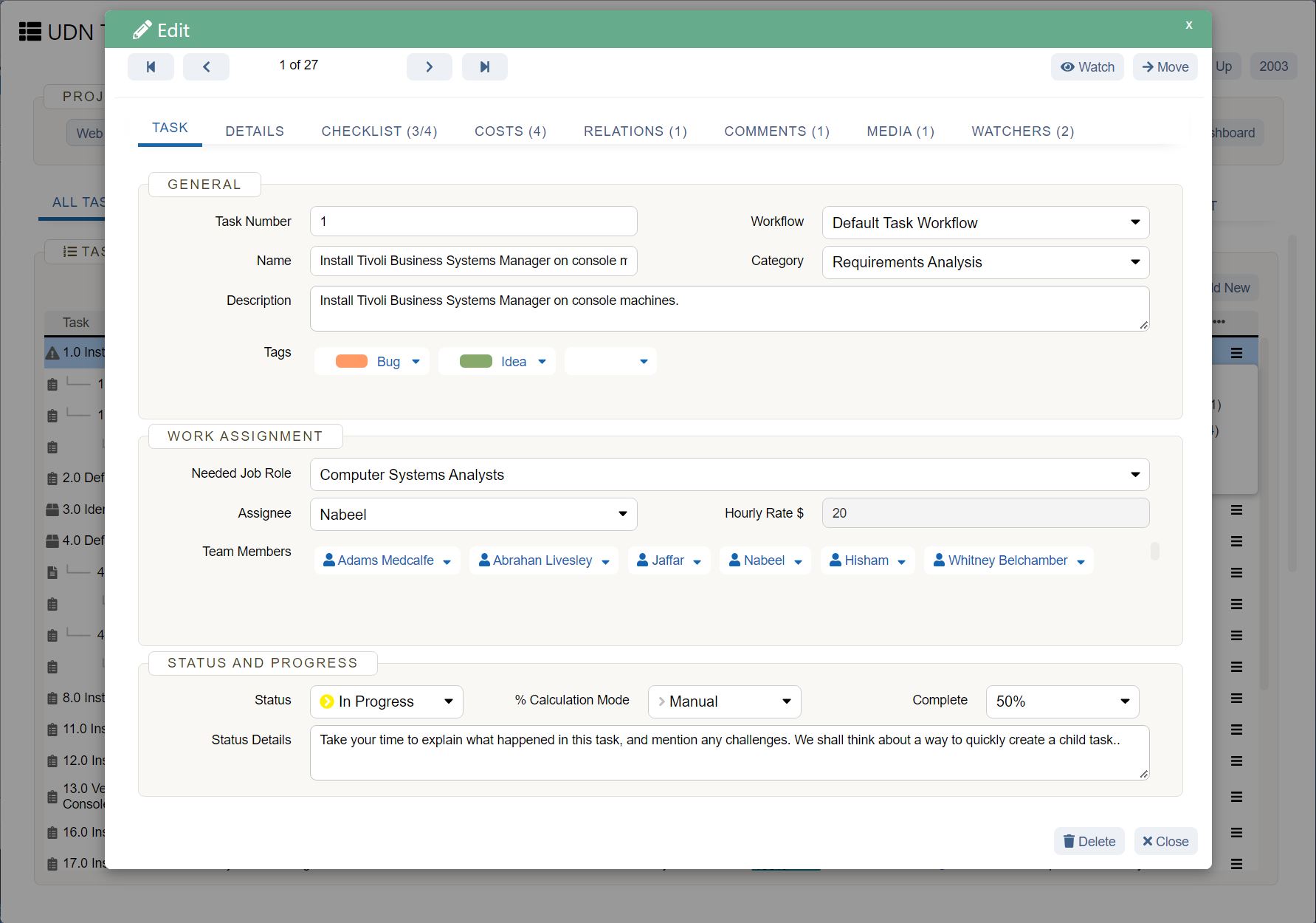
Want to challenge yourself? Engage in activities, puzzles , games, hobbies, or musical instruments that keep your brain stimulated and engaged. Become mentally dextrous by increasing working memory while speeding up mental processing.
Give yourself a break

Mental activity is good, but rest is also vital. Take regular breaks from work to allow your mental faculties to rest. Plan breaks at consistent intervals to ensure that you don't get stressed or overwhelmed.
Whether growing your career or leading a team , mental clarity is essential. Developing your intelligence can benefit you in your personal and professional growth journeys. The presence of technical skills cannot replace the key mental abilities you need to succeed individually and in a team.
Does an IQ score matter in project management?
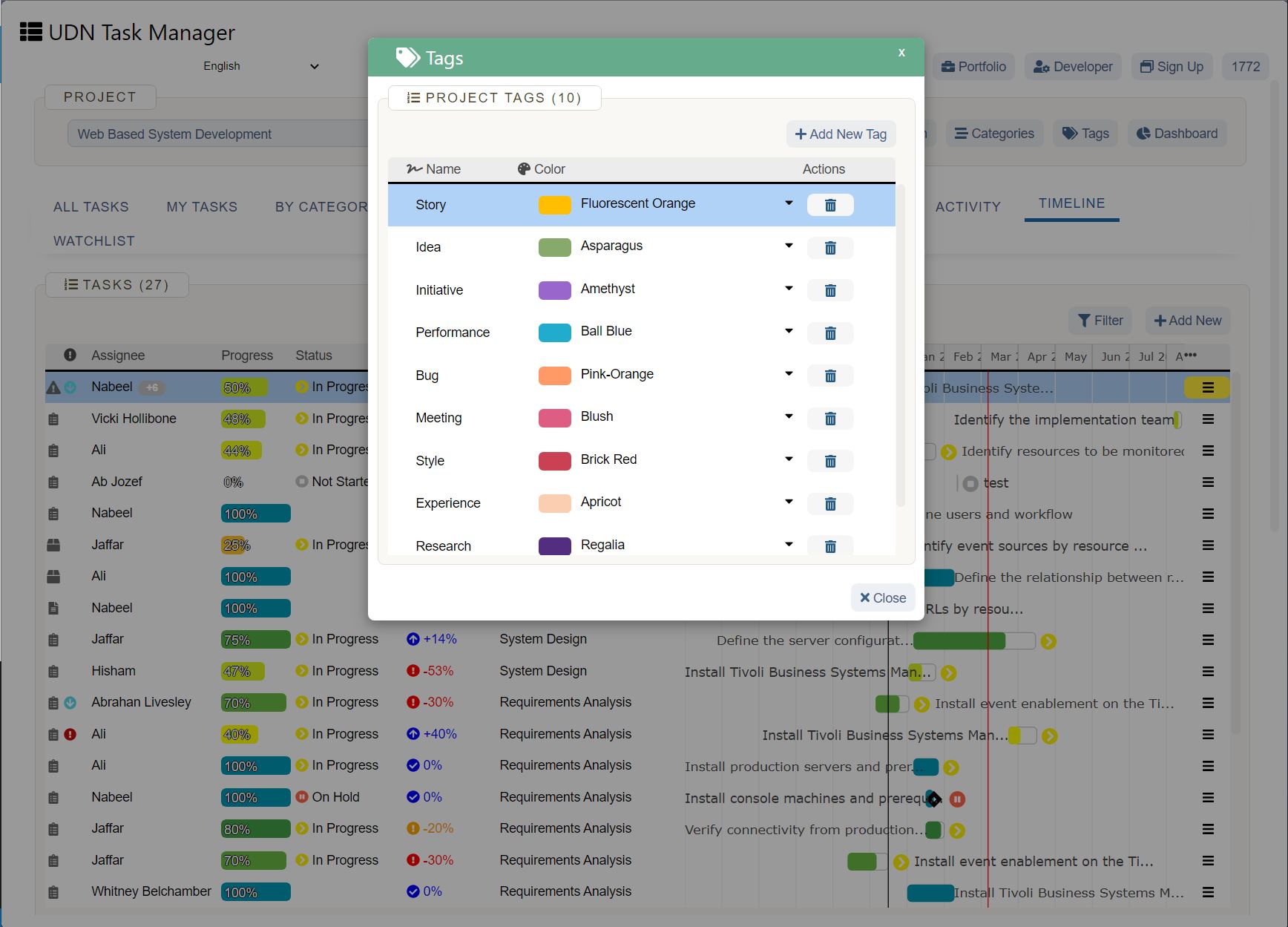
Given its importance in both work and life, intelligence is a key component of every project manager’s toolkit .
The ability to maintain a team or inspire leadership cannot be underestimated, and the aptitude required to set and deliver on long-term project goals is critical.
Project managers with mid-to-high intelligence quotients are better at decision-making, have higher chances of success, and lead teams to exceed preset targets.
Intelligence in project managers also helps to:
Now that you have gained knowledge about IQ, it is time to put what you have learned into action, master your intelligence, and advance your career and life.
Pick one or two intelligence-boosting tips that resonate the most with you and put them into practice. Need help getting started? Try a free two-week trial of UDN Task Manager to see how our project management software turns strategies into results, facilitates goals, and increases team and organizational productivity.









